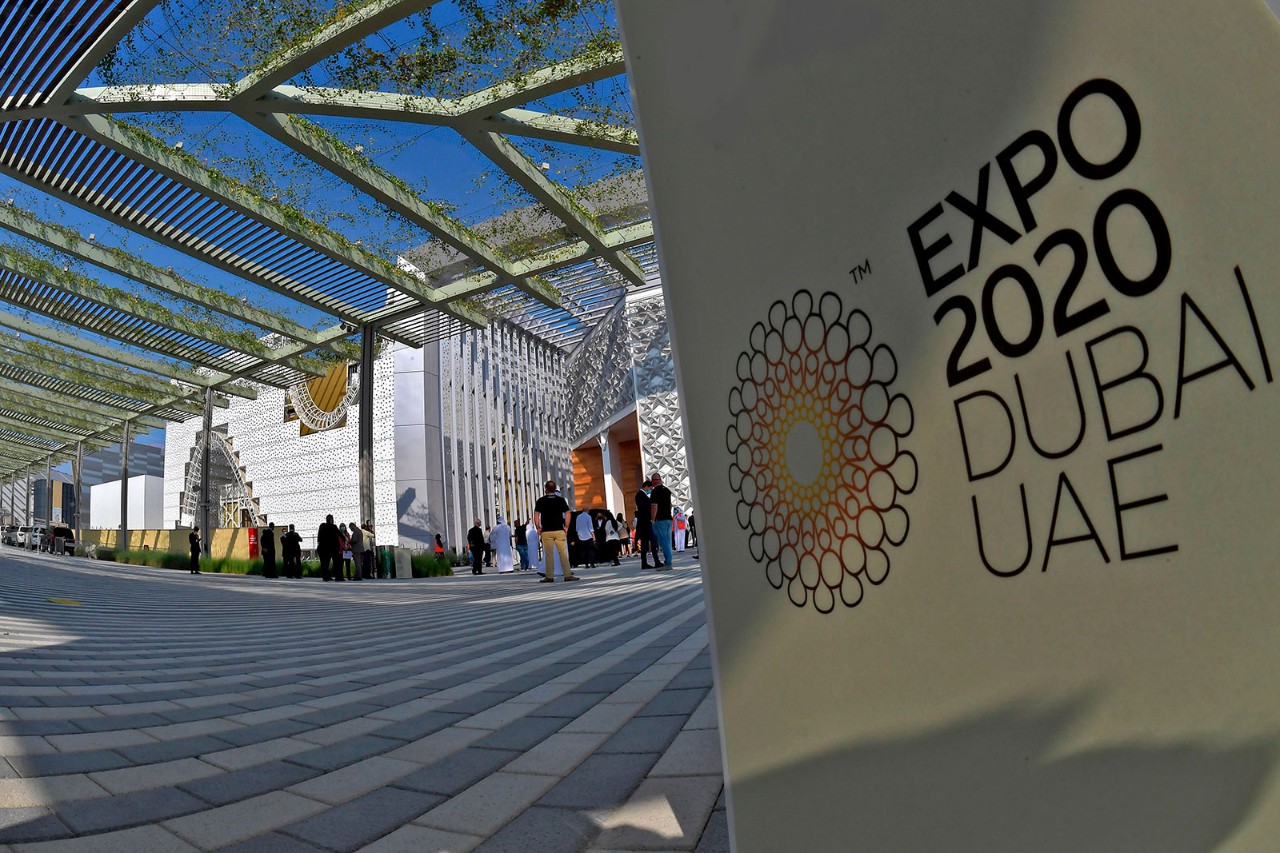
Africa’s media outlets are eager to report a range of bold renewable energy projects on the continent. Earlier this year Ethiopia’s state electric utility signed a deal for 29 wind turbines that should power over 400,000 households. Meanwhile, Ghana’s government recently unveiled an innovative system of solar panels floating on the nation’s Bui hydroelectric dam – a double win for renewable energy.
‘Green energy projects have huge potential to help spur growth in Sub-Saharan Africa – partly by providing electricity to those without access and also in generating local jobs,’ says Hoda Moustafa, Africa regional head of the Multilateral Investment Guarantee Agency (MIGA), part of the World Bank Group.
Renewable projects create a considerable amount of local employment in construction, installation and sales
Local initiatives
The area of greatest innovation, however, has shifted from large-scale projects feeding the continent’s grids to renewable projects that supply electricity to individual households, businesses or local communities.
‘When it comes to green energy, Africa is a two-speed region,’ says Simon Bransfield-Garth, chief executive of Azuri Technologies, which provides rooftop solar systems to African households. ‘Africa’s electric grids are often struggling financially, which can be a barrier to approving large renewable investments. But Africa is leading the way in bottom-up renewables.’
Such projects can help remedy two main problems with the region’s electric grids – coverage and reliability. ‘Close to half of Africans have no access to electricity,’ says Benjamin Attia, an expert in off-grid solar projects in Africa and the Middle East for consultants Wood Mackenzie. ‘And those that are covered by the grid experience frequent blackouts.’
The unreliability of the grid is also a major drag on businesses, with 41% of African firms identifying no or poor electricity as a major constraint on their operations. ‘This helps explain why more citizens, businesses and communities are seeking to bypass the grid in favour of localised renewable options,’ says Attia.
Fostering such projects has also become a major focus for multilateral development agencies, such as MIGA, which supports private investment by offering protection against various risks. The agency recently issued a US$37m guarantee to help support Bboxx, a company providing off-grid solar energy to underserved rural communities in countries such as Rwanda, Kenya and the Democratic Republic of Congo.
Captive generation
Companies in Africa are increasingly looking for ways to generate their own power too – so-called captive generation – and renewables are a major focus. Last year South African cement producer Pretoria Portland Cement mobilised funds to build a solar plant to provide reliable electricity to its facilities in Zimbabwe, with the other half of the power generated being fed into the electric grid.
Meanwhile, telecommunications networks have been looking to solar energy to power their operations. ‘With the cost of solar declining, installing solar at each tower has become more economical – often displacing diesel generation,’ says Moustafa.
Finally, ‘mini-grids’ – which supply power to homes, businesses and industry beyond the reach of the main grid – are becoming more widespread. ‘Historically, mini-grids have been quite expensive, but due partly to recent innovations and considerable donor funding, they have become more viable,’ says Moustafa. ‘Many countries, such as DRC, Kenya and Nigeria, are making such projects a core part of their national power plans.’
The economic benefits of such projects can be profound, says Bransfield-Garth. ‘Of course, the equipment for green energy is made outside of Africa – with solar panels mostly coming from China,’ he says. ‘But these renewable projects create a considerable amount of local employment in construction, installation and sales.’ The biggest economic payoff is indirect, however.
Income boost
‘Most of our customers work in the informal economy, and having a reliable source of electricity helps connect them to the digital economy and can significantly boost their income,’ says Bransfield-Garth. ‘For example, one of our customers is a motor-cycle taxi driver. Before getting access to solar power, he would spend most of his day waiting for customers to come along. Now he can use his smartphone to allow rides to come to him, much like Uber, boosting his daily income from US$9 to US$27 in just six months.’
The potential of green energy to boost business activity can be equally marked. This has been reflected in the volume of investment the sector is attracting from investors, and the support provided by multilateral institutions. Over US$200m in funding last year went to energy startups in the region, according to the World Economic Forum, with the bulk going to off-grid solar investments.
‘The insufficiency and unreliability of energy supply has been a key impediment to growth for many enterprises in Sub-Saharan Africa, so resolving this problem is crucial,’ says Sohaib Malik, a wind power analyst at Wood Mackenzie. ‘The moment you start supplying electricity you set off a virtuous cycle, with accelerating growth leading to more electricity demand.’
Utilities reform
But it is important that the health of Africa’s grids should not be neglected if the progress towards renewables is to continue. ‘The World Bank Group is working hard to assist in the reform of Africa’s electric utilities, helping to make them more financially viable and efficient,’ says Moustafa at MIGA. ‘We still provide guarantees for utility-scale projects. But clearly power sector reform is a multi-year process and so supporting grid projects is no longer the exclusive focus of our energy practice in Africa.’
Africa has considerable potential for renewable energy, both on- and off-grid, even excluding hydro-electric power, the main source of renewable energy until 20 years ago. Solar irradiation levels are twice the level of Germany, for example. The region also has many regions that are conducive to wind power.
The International Renewable Energy Agency (IRENA) estimates that Africa could supply half of its electricity generation needs from modern renewables. But that would represent a sevenfold increase from the capacity available in 2017. A transformation of this scale in Africa’s energy sector would require an average annual investment of US$70bn to 2030, according to IRENA, from the current level of around US$30bn.
‘Sub-Saharan Africa has been a focal point for innovation in renewable energy projects,’ says Moustafa. ‘But even more needs to be done by entrepreneurs, governments and multilateral agencies to make good on the region’s potential for a green-energy transformation.’
More information
The accountancy profession has a vital role to play in sustainability and climate action. To find out more, visit ACCA’s new Rethinking Sustainable Business hub and join the Big Conversation on climate action.





